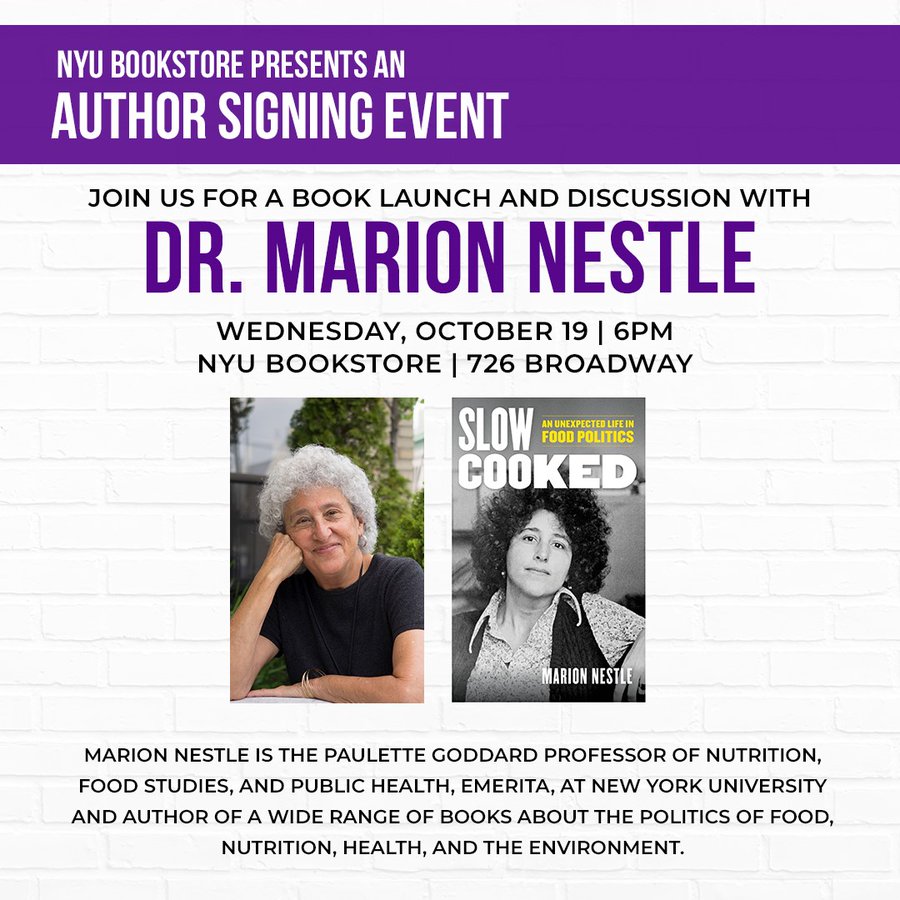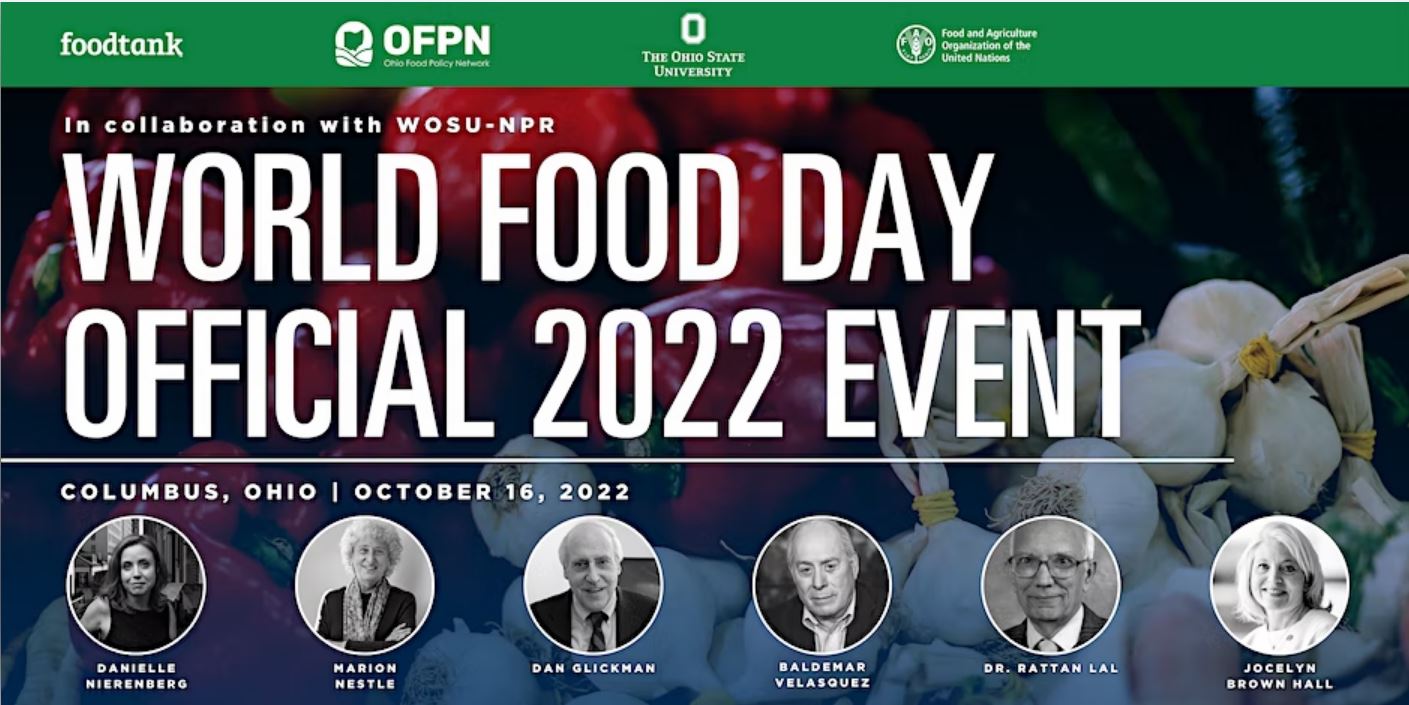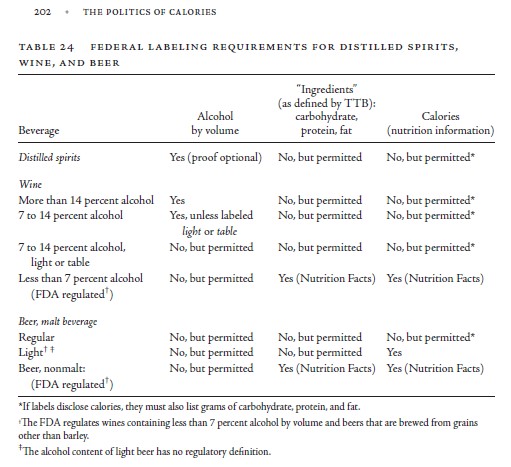Plant-based meat is in trouble?
The big news in the plant-based food world last week was Beyond Meat’s retrenchment and legal hassles. Here’s how these issues are being covered by the food business press.
- Beyond Meat lays off 200 employees and slashes its revenue outlook: The plant-based meat company, which is eliminating about a fifth of its workforce after cutting staff in August, said the latest job reductions can drive more sustainable growth.
- Beyond Meat to lay off 200 staff, shake up exec team, as it targets cash flow positive operations in late 2023: Loss-making plant-based meat co Beyond Meat – which is currently squaring up to former co-packer Don Lee Farms in a trial in L.A. – has unveiled plans to lay off approximately 200 employees (19% of its global workforce) in a bid to cut costs and achieve cash flow positive operations within the second half of 2023…. Read more
- 64-strong witness list unveiled as Beyond Meat squares off with former co-packer Don Lee Farms in LA court: Former executive chairman Seth Goldman, CEO Ethan Brown, Mattson CEO Justin Shimek and a cluster of senior Beyond Meat executives, past and present, are listed among 64 potential witnesses in the plant-based meat co’s trial with former co-packer Don Lee Farms starting today (Oct 11) in Los Angeles…. Read more
- Beyond Meat’s corporate shakeup sees 3 exec departures, including suspended COO: Doug Ramsey, who was arrested on assault charges last month, officially lost his job, and the CPG eliminated the position of chief global growth officer. Its CFO also announced his departure.
- Big Meat retrenches as meat alternatives lose their luster: The nation’s leading meat companies all got in on the action on meat alternatives, with investments in plant-based and cell-cultured meat startups and their own dedicated consumer brands. But with category sales weakening in recent months amid surging inflation, where do they stand today?… Read mor
- After billions in investment, plant-based meat is a branding catastrophe: There is zero differentiation or branding in the space; all the players are stuck in Motorola Land, going no further than saying “We are plant-based,” writes Adam Hanft.Read More
- Plant-based products are globally growing but do they cater to all? Plant-based foods such as meat and dairy alternatives have been around for many years, but they’re becoming more popular and of higher quality than ever…. Read more
Right now, this sector looks bleak, but who knows how this will play out. Not me, for sure.
***********
For 30% off, go to www.ucpress.edu/9780520384156. Use code 21W2240 at checkout.



 Information and registration is available
Information and registration is available 
